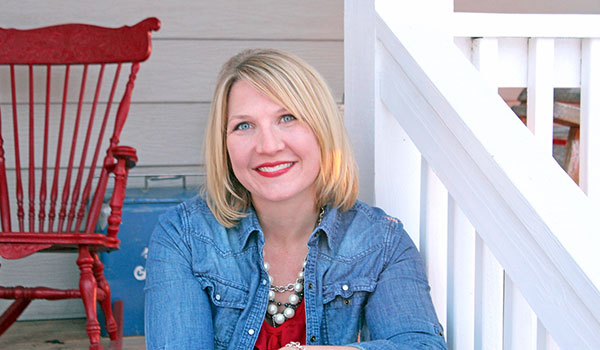
Foreword – Spring 2010
I’ve kissed a pig.
I’ll admit it. The squeaky-clean little porker was my show-and-tell subject in kindergarten. He was adorable.
Our family had a small swine operation. My father did chores two five-gallon bucket loads at a time. I learned many lessons following behind Dad with a small pail of feed, among them basics of livestock production and care and welfare for animals.
You’ll see a lot of animals in this issue. You’ll see several lab coats, too. With a focus on livestock and poultry improvement, this issue of STORIES specifically highlights the college’s research and education programs in animal breeding and genetics, animal nutrition and animal welfare.
Reviewing and writing these stories made me think of watching Al Christian receive the college’s Lifetime Achievement Award recently after managing the Swine Teaching Farm for 50 years. In presenting the award, Dean Wendy Wintersteen shared that Al was known for telling his students their goal was to become a person who goes to bed at night and can’t sleep unless they know their animals are well taken care of.
Several such people are featured in this issue – from students to faculty to alumni.
Among those in white is Chris Tuggle, whose work in the lab identifying swine that carry and transmit salmonella may greatly reduce the threat of food poisoning. Hongwei Xin and others are finding ways to reduce the amount of ammonia in manure improving the scent of country air for all of us. And there are those investigating the care and welfare of animals like Suzanne Millman and Anna Johnson, who would often give an appreciative swine a hearty scratch on the back during their photo shoot.
••••
Ten years ago, I sat with my fellow College of Agriculture and Life Sciences graduates as Charles Stewart delivered the commencement address, where he encouraged us to seize the day and not worry about taking the traditional path.
These pages are full of students, faculty and alumni blazing their own paths. Among them is Charles, who now is engineering DNA enzymes to battle disease and improve the world’s food supply; Owen Newlin, who has been a major player in the seed industry and higher education in Iowa; and Tyler Bauman, a graduating senior who has seen two tours of active duty and is on his way to becoming a veterinarian.
Carpe diem, indeed.
Kind regards,
Melea Reicks Licht



